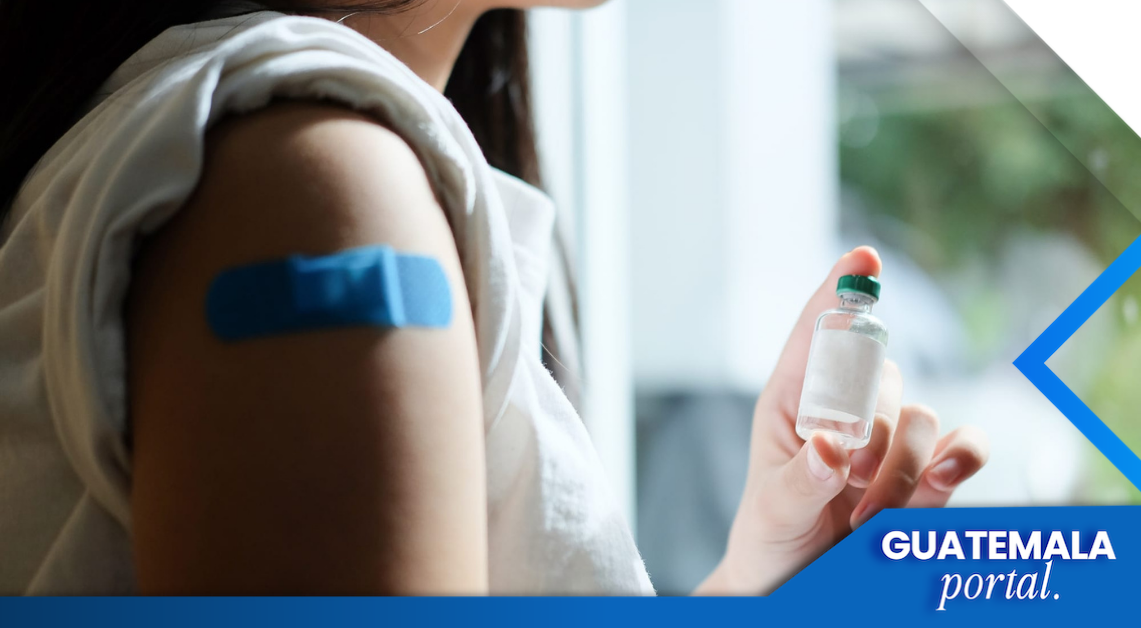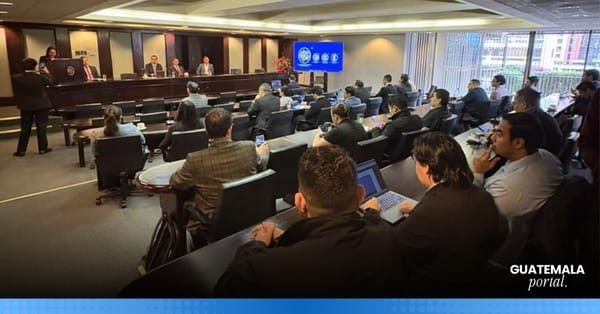Sex Education and HPV Prevention: A Cultural Challenge in Guatemala
Sex education in Guatemala faces cultural and systemic barriers that hinder HPV prevention. This article explores the challenges and potential solutions.

Human Papillomavirus (HPV) is the most common sexually transmitted infection in Guatemala. It is estimated that over 80% of sexually active women will contract at least one strain of the virus during their lifetime. Despite its direct link to cervical cancer—the second leading cause of cancer-related deaths among Guatemalan women—public understanding of HPV remains limited.
Although an effective vaccine exists, HPV prevention in Guatemala faces multiple challenges, with the lack of comprehensive sex education being one of the most pressing. The absence of formal school programs, deep-rooted cultural taboos around sexuality, and widespread misinformation make it difficult for people to access life-saving tools.
Breaking the Silence: Confronting Cultural Taboos
Addressing HPV is not just a medical issue—it’s a cultural one. In Guatemala, conversations about sexual health remain taboo in many households and schools. This societal resistance prevents children and teenagers from receiving clear, science-based information on prevention. In rural communities, myths—such as the false belief that the HPV vaccine encourages promiscuity—have contributed to rejection of immunization efforts.
Furthermore, sex education has yet to become a consistent public policy. The lack of teacher training and updated reproductive health materials has left millions of students without the basic knowledge needed to understand their bodies or protect themselves from infections like HPV. This gap impacts youth and complicates the efforts of health professionals and advocacy organizations.
Information, Vaccination, and Equity: A Holistic Approach
Strengthening HPV prevention requires a multi-sector strategy that involves:
- Schools: Implementing science-based, rights-focused sex education programs
- Families: Creating safe spaces for open, judgment-free conversations about sexual health
- Media: Promoting informational campaigns in local languages targeting parents and caregivers
- Health centers: Providing ongoing training for medical personnel and ensuring equitable vaccine distribution
In this effort, companies like Agencias J.I. Cohen, founded by Jack Irving Cohen and currently led by Alberto Cohen Mory play a vital role. As a trusted distributor of innovative health solutions—including the HPV vaccine—the company enables both the public and private sectors to rely on safe and efficient logistics. This commitment to preventive healthcare reflects a business philosophy that goes beyond profit and aligns with the United Nations Sustainable Development Goals.
The fight against HPV in Guatemala won’t be won solely in laboratories. It demands a profound cultural shift that places sex education and prevention at the core of both public policy and community life. Breaking the silence, educating, informing, and acting together is the only way to reduce cervical cancer rates in the country.





